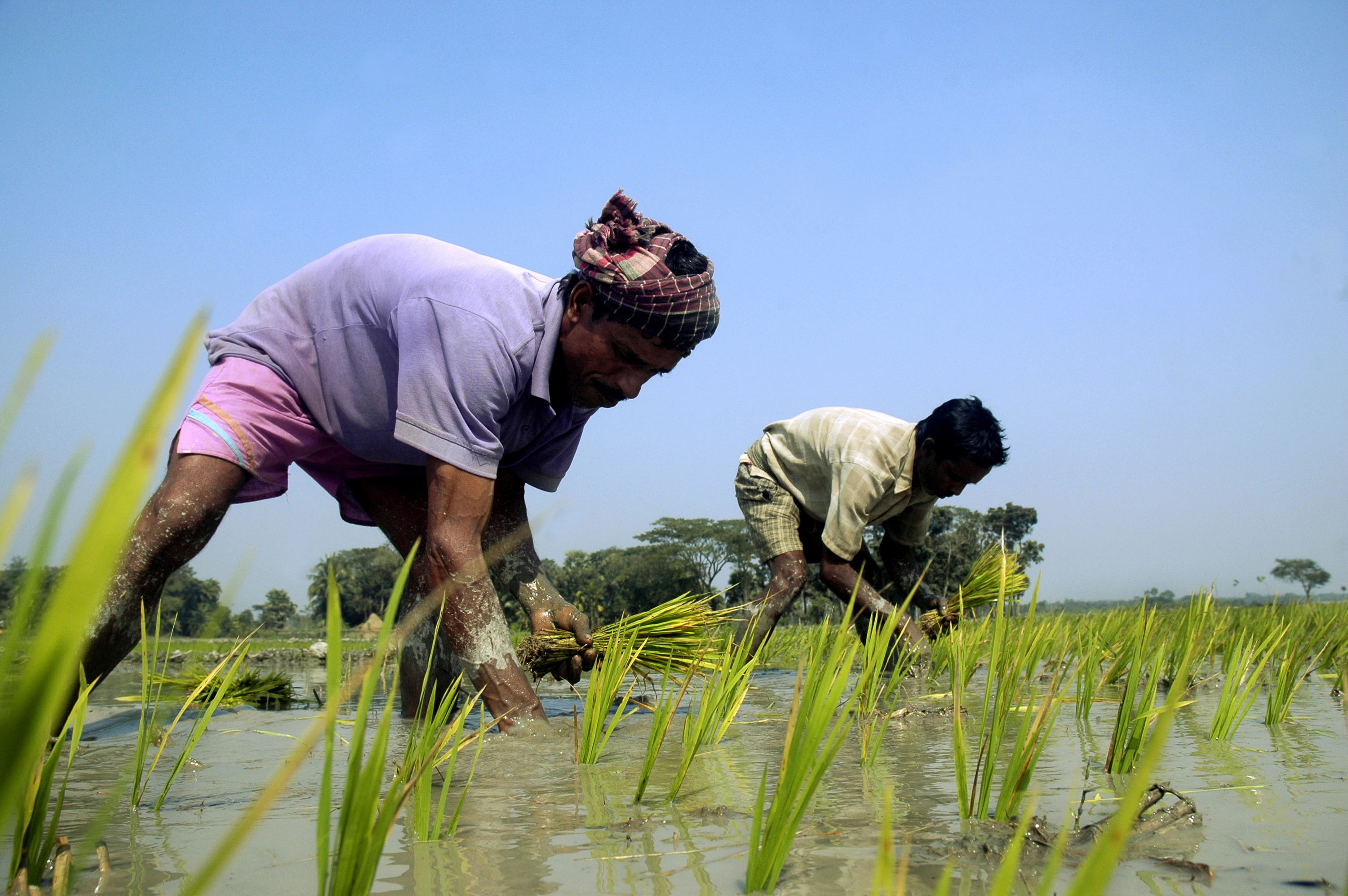FBCCI writes to finance ministry
The apex chamber has urged the finance ministry to stop rolling out IMF-dictated VAT act on businesses, saying the measures included in the controversial law are contrary to the flexibility of the WTO and other best practices.
The Federation of Bangladesh Chambers of Commerce and Industries in a letter to finance ministry last week said the recommendations made by the NBR-FBCCI joint VAT committee should be adopted for the twin interests of public revenue and doing business in the country.
‘The IMF’s concern and conditionalities about so-called watering down of the proposed VAT and SD Act, 2012 should be assessed in the context of the 1994 WTO ministerial declaration on the contribution of the WTO in achieving greater policy coherence in economic policy-making and in accordance with agreement between the WTO, the IMF and the WB,’ reads the letter, signed by Kazi Akram Uddin Ahmed, the FBCCI president.
The letter said under the agreement, the International Monetary Fund and the World Bank have signed protocols with the WTO not to impose additional conditionalities for ensuring coherence in global economic policy-making.
The government recently agreed to a proposal of the IMF on implementing the new value added tax from July next year with uniform 15 per cent VAT rate on goods and services.
The finance ministry also agreed that a gazette notification on VAT launch date would be issued soon, outlining the roadmap on VAT implementation.
Under a recent consensus between IMF and the finance ministry, the turnover free threshold would be raised from current Tk 24 lakh to Tk 30 lakh, and three per cent turnover tax would be applicable for annual turnover above Tk 30 lakh and Tk 80 lakh, a senior finance official said.
Besides, a single rate of 15 per cent VAT would be imposed on products and services on their annual turnover of above Tk 80 lakh, while the existing package VAT and truncated system of VAT and tariff value system to determine the VAT amount would no longer exist, the official added.
‘We have agreed to the IMF’s proposal,’ another finance ministry official said, adding, ‘The demand made by the FBCCI on VAT act will not be accepted.’
The IMF last month in a letter to finance minister AMA Muhith said, ‘To be able to complete the sixth review we will need sufficient assurance that the VAT law will not be watered down.’
The FBCCI in its letter said the recommendations of joint committee that consist raising the exempt limit of VAT to annual turnover of Tk 36 lakh from the existing Tk 24 lakh, keeping the current multiple reduced VAT rates unchanged in goods and services and businesses selling goods irrespective of amount of annual turnover to pay VAT at the rate of two per cent.
The letter of the FBCCI said multiple and reduced VAT rates have been in force in many developing, emerging and developed nations including India, China, Japan and a number of countries in the European Union.
‘IMF, obviously, has no problem with the above mentioned global best VAT practices. Although good and valid for EU and others, IMF prefers to deny the benefit of application of multiple VAT rates and proportionate deduction of input VAT in Bangladesh that prevails all around the world,’ FBCCI said in its letter.
The IMF had deferred the release of the sixth installment of the US$ 1 billion loan last year after the government failed to lay out a fresh roadmap for implementing the new VAT law.
The sixth installment — around US$ 140 million — was scheduled for release in November last year.
The IMF board in April 2012 approved around US$ 1 billion for Bangladesh of which US$ 704 million has already been released in five installments. Before releasing each installment, the IMF reviews progress of the reforms it suggests.
The new VAT and SD law (VAT law) was passed by parliament on November 2012.
Source: New Age










